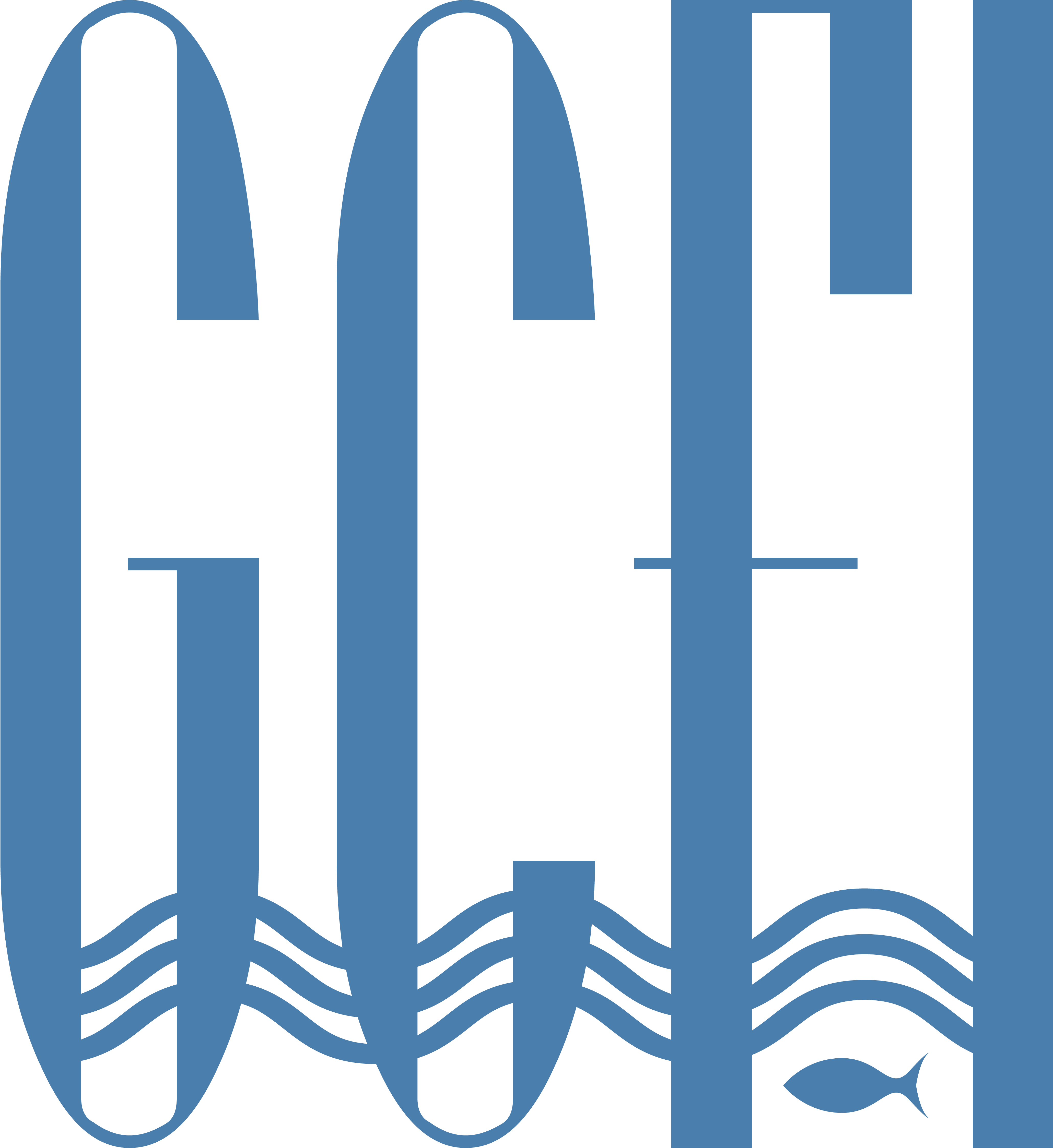Home > GCR > Vol. 9 > Iss. 3 (1996)
Alternate Title
Reproductive Strategies in a Population of Gobiosoma bosci (Osteichthyes: Gobiidae) with Slow and Fast Maturing Individuals
Document Type
Article
Abstract
The reproductive biology of Gobiosoma bosci collected from November 1986 to October 1987 in the McFaddin Wildlife Refuge in southeast Texas was studied by using morphometric data. Males achieved greater weights per unit length than females, and longevity was about 12 to 13 months. GSI values and mean monthly ovum diameters indicated that the breeding season ran from April to September, with a major activity peak in May and a minor peak in September. Significant differences in male and female standard lengths (SL), ovum diameter, and egg number existed for sexually mature specimens between the first and second peaks of reproductive activity. An egg versus length analysis produced a positive linear relationship. An accessory gonadal structure index (ASGI) was developed and revealed that maximal AGS development corresponded with the male GSI, but did not produce discernable peaks. Two reproductive strategies were followed and depended upon time of hatching and growth rate. Some individuals that hatched early in the breeding season grew rapidly and were capable of egg laying by August or September. Individuals hatched late in the breeding season delayed breeding until the following season.
First Page
177
Last Page
182
DOI Link
Recommended Citation
Conn, C. H. and D. L. Bechler.
1996.
Reproductive Strategies in a Population of Gobiosoma bosci (Osteichthyes: Gobiidae) with Slow and Fast Maturing Individuals.
Gulf Research Reports
9
(3):
177-182.
Retrieved from https://aquila.usm.edu/gcr/vol9/iss3/4
DOI: https://doi.org/10.18785/grr.0903.04





